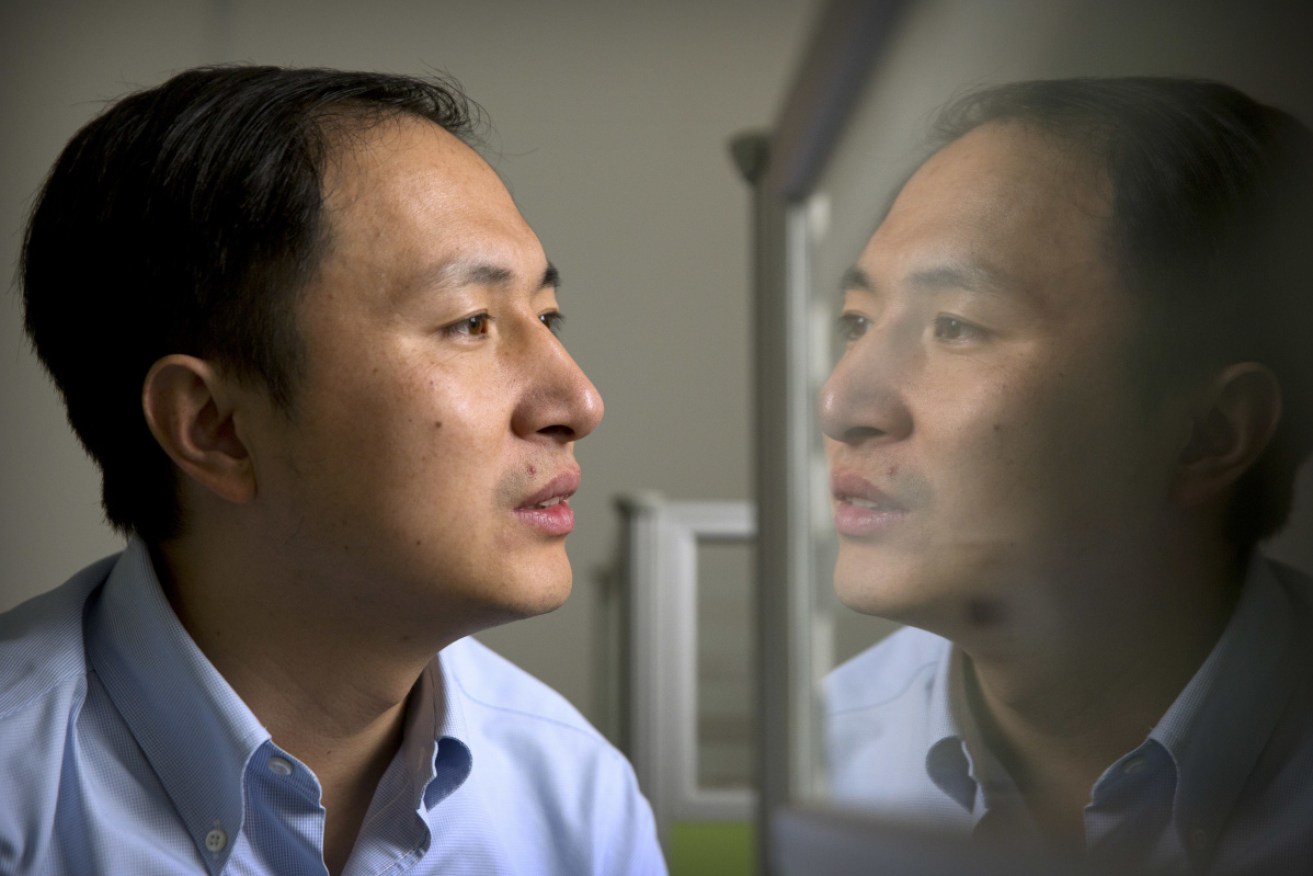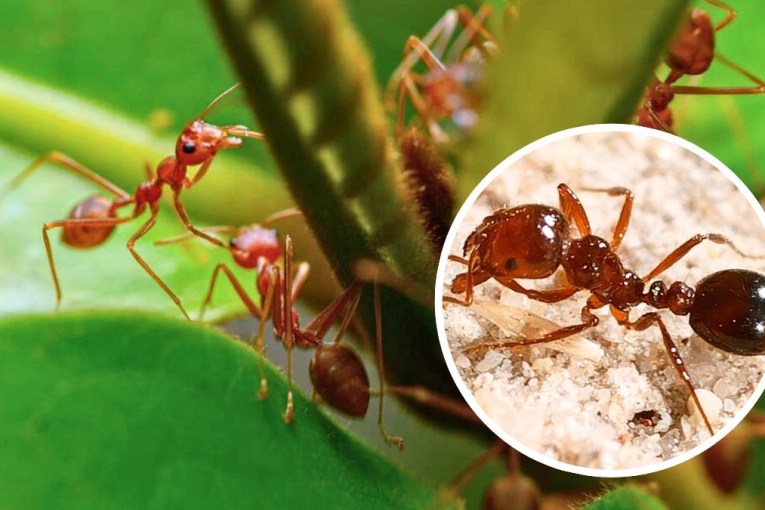Chinese gene-edit baby claim sparks outrage

He Jiankui said he altered the DNA of twin girls earlier this month to help them resist possible HIV infection. Photo: AP
Scientists and bioethics experts have reacted with shock, anger and alarm to a Chinese researcher’s claim that he helped make the world’s first genetically edited babies.
He Jiankui of Southern University of Science and Technology of China said he altered the DNA of twin girls born earlier this month to try to help them resist possible future infection with the AIDS virus – a dubious goal, ethically and scientifically.
There is no independent confirmation of what He says he did, and it has not been published in a journal where other experts could review it.
He revealed it on Monday in Hong Kong where a gene editing conference is getting under way, and previously in exclusive interviews with The Associated Press.
Reaction to the claim was swift and harsh.
More than 100 scientists signed a petition calling for greater oversight on gene editing experiments.
The university where He is based said it will hire experts to investigate, saying the work “seriously violated academic ethics and standards”.
A spokesman for He said he has been on leave from teaching since early this year but remains on the faculty and has a lab at the university.
Authorities in Shenzhen, the city where He’s lab is situated, also launched an investigation.
Gene editing is a way to rewrite DNA, the code of life, to try to supply a missing gene that is needed or disable one that is causing problems. It has only recently been tried in adults to treat serious diseases.
Editing eggs, sperm or embryos is different, because it makes permanent changes that can pass to future generations. Its risks are unknown, and leading scientists have called for a moratorium on its use except in lab studies until more is learned.
Concerns have been raised about how He says he proceeded, and whether participants truly understood the potential risks and benefits before signing up to attempt pregnancy with edited embryos.
He says he began the work in 2017, but he only gave notice of it earlier this month on a Chinese registry of clinical trials.
The secrecy concerns have been compounded by lack of proof for his claims. He has said the parents involved declined to be identified or interviewed, and he would not say where they live or where the work was done.
Other experts are even questioning whether the claim could be a hoax.
-AP








